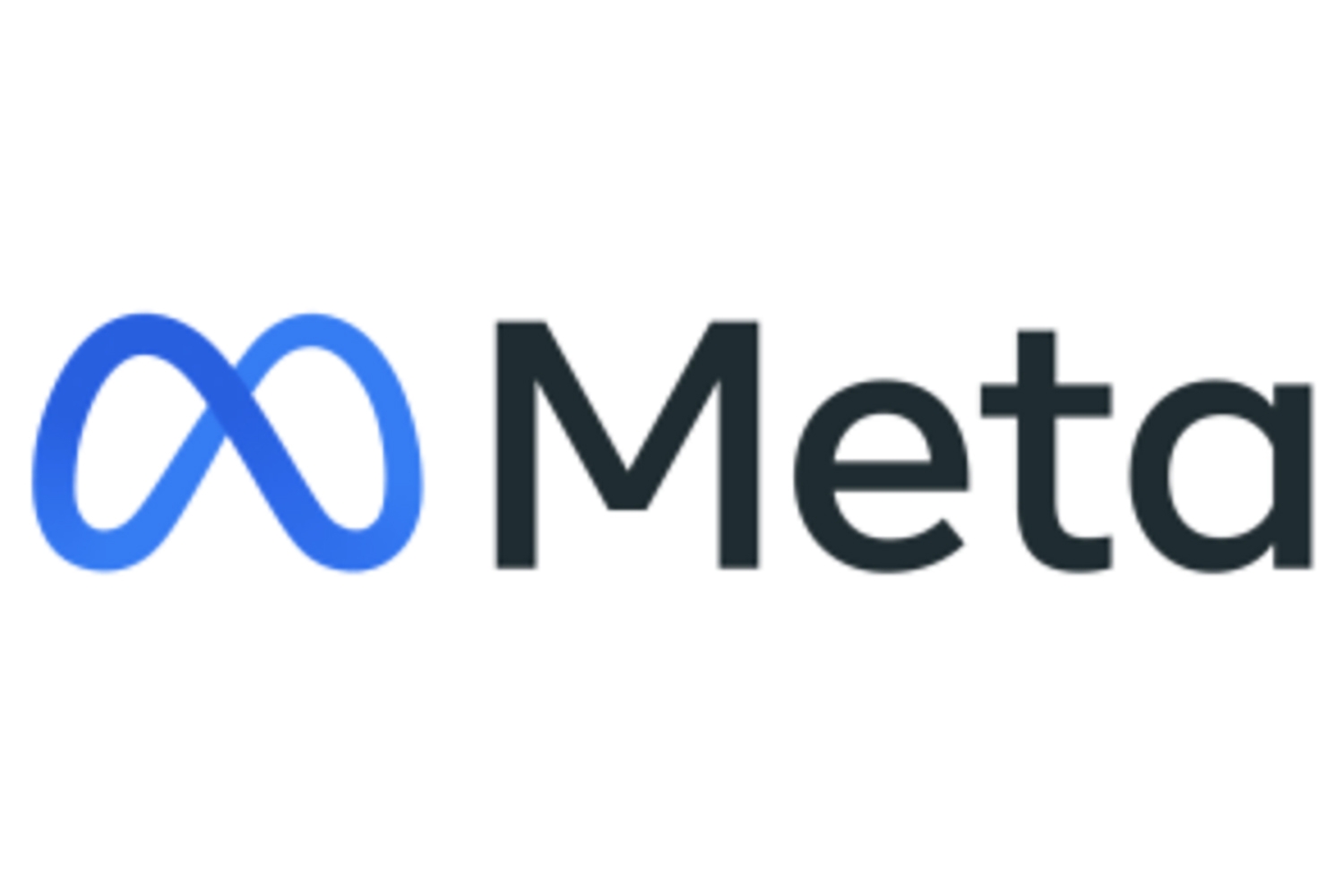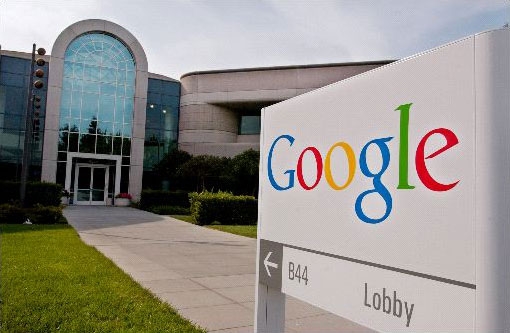Last year a group call Centre for Countering Digital Hate reviewed interactions in the Metaverse. The results of their checkup were not encouraging as they encountered 100 potential violations of Meta’s policies in the span of only 11.5 hours. The focus was on the VRChat app, one of the apps you can pickup from the Meta VR App store. They recorded interactions in the chat app as part of their study.
- Details
- By Sean Kalinich
- Hits: 1693
Google has a bit of a history (understatement) of abusing data collection and sneaking in ways to continue collecting data on its users. This type of collection is all in service to their ad business. They want to be able to send targeted ads to users and the only way to do that is to collection information about them. This pattern of behavior has led to more than one lawsuit in the past based on the way they word turning features on or off and what they collect. Even Google’s current proposed solution to excessive data collection for targeted ads is confusing and seems like nothing more than a way to maintain control of the collection process.
- Details
- By Sean Kalinich
- Hits: 1374
Read more: Google Finds a Sneaky Way to Keep Tracking Paid...
Recently Mark Zuckerberg had to admit that Meta not only had lost a significant amount of money but stood to lose more as changes in attitudes around personal data privacy and targeted ads are changing. In the EU privacy protection laws have impacted Meta in, to them, negative ways. Meta has made what could be interpreted as a threat to pull their services from the EU, it some agreement cannot be reached. They are also upset at Apple after Apple made the outrageous, again to Meta, decision to allow users to opt-in to cross app tracking. This means that Meta’s current data collection schemes are at risk.
- Details
- By Sean Kalinich
- Hits: 1362
Read more: Meta Makes Changes to Instagram Daily Time Limit...
In mid-1999 software and hardware developers uncovered a bug of sorts that, at first glance, seemed like it would end the computer world as we know it. It was called the Y2K bug and centered around the issue that somehow developers and built their code to with the first two digits of the year input field as hard coded to 19. This mean that when everything rolled over to year 2000, computers and software would see it as 1900. Not exactly where you want to be.
- Details
- By Sean Kalinich
- Hits: 1131
Meta (Facebook) has a long history of privacy and other abuses of the platform they control. We have seen everything from abusing facial recognition technology to tracking users’ internet history after existing the platform. These types of abuses are concerning for both obvious and not so obvious reasons. On the surface the collection of personal information outside of actual platform use by Facebook is not a good thing, but when you also roll in the fact that large tech groups like Facebook also share information with government agencies freely and without recourse it makes the problem larger.
- Details
- By Sean Kalinich
- Hits: 1226
More Articles …
Page 3 of 5








